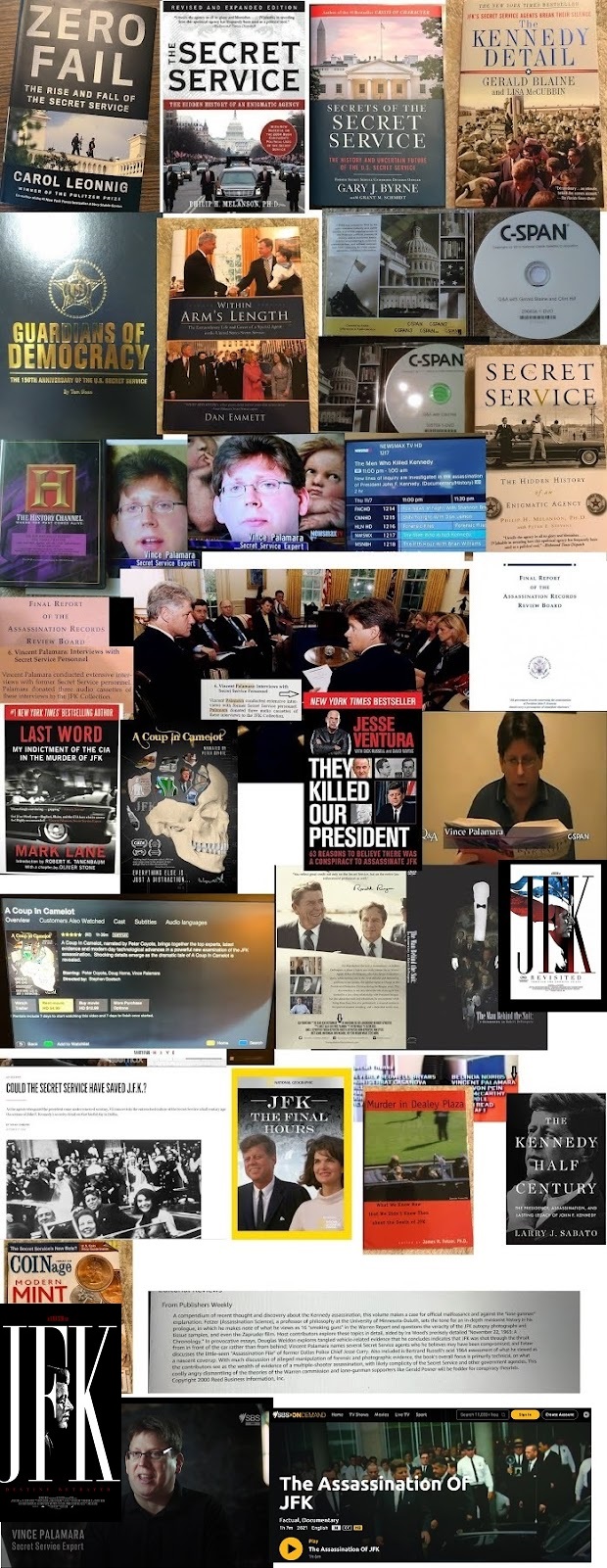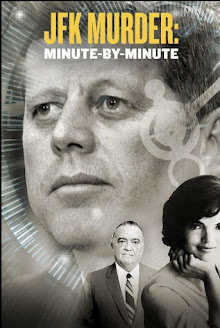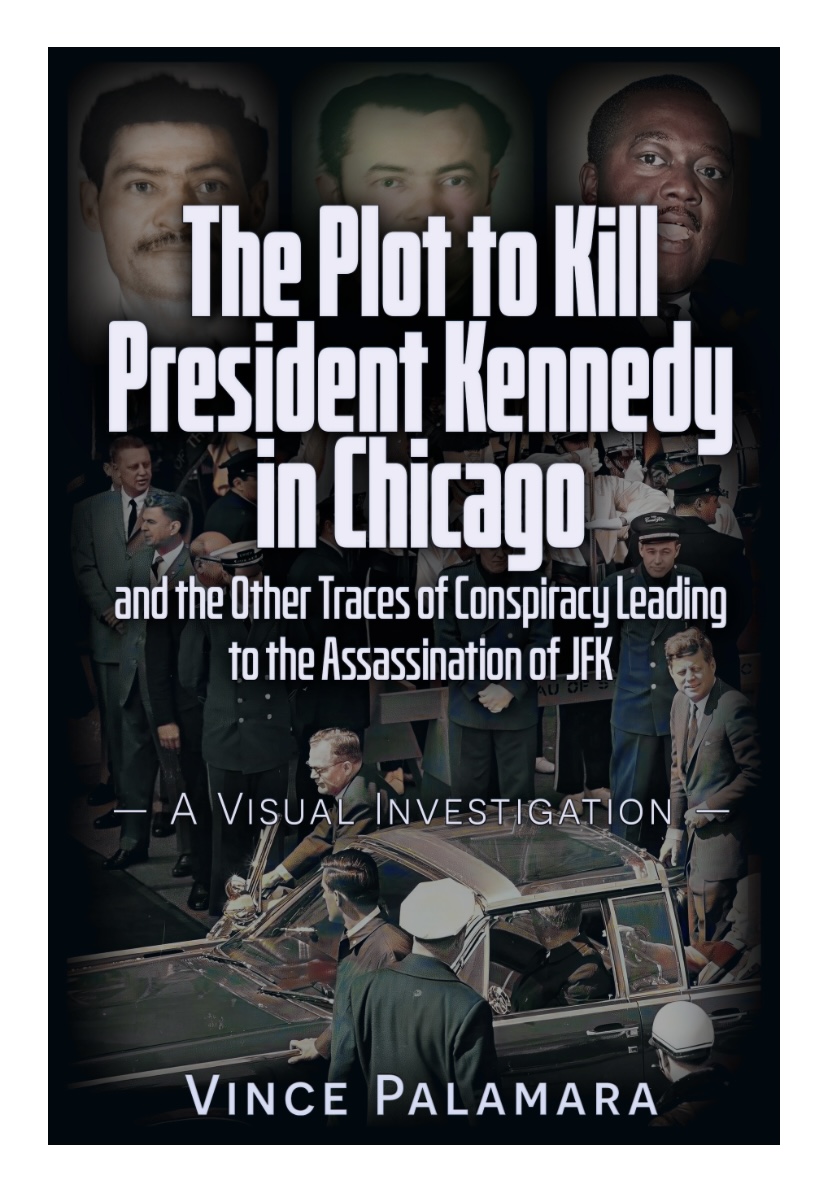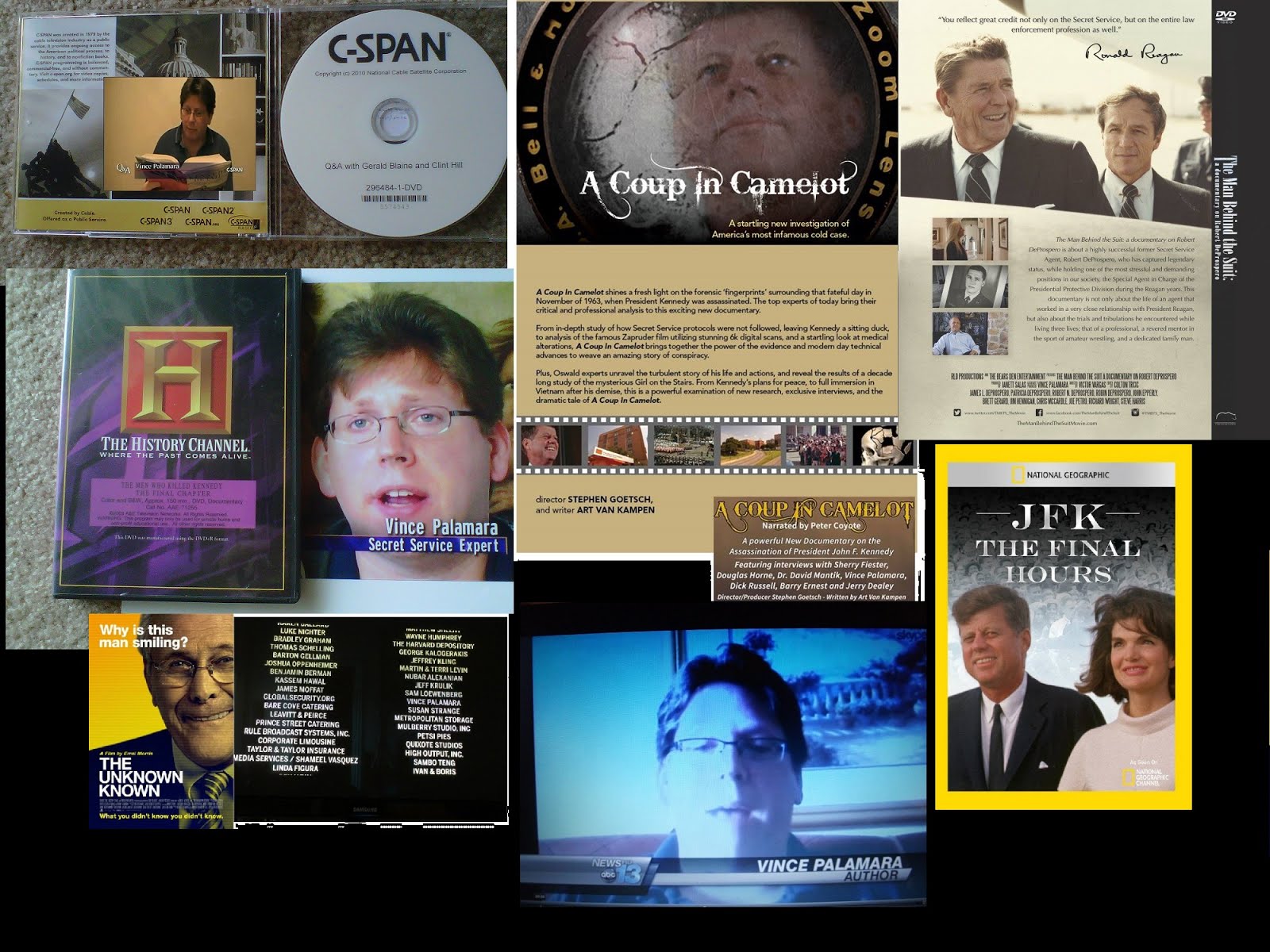Former Secret Service agent gives perspective on terrorism, assassinations
By Andrew Benore | Dec 10, 2011
Courtesy of: Camden Public Library
Tom McCarthy is a retired U.S. Secret Service agent who also provided training to security forces in Iraq, Afghanistan, Sri Lanka, Israel and the Philippines. Terrorism and assassinations can change the world’s balance of power, and alter the course of history. Tom McCarthy, a former Secret Service agent who retired to Camden, recently taught a class and delivered presentations on those topics.
He brings a “personal perspective” to the talks as a former agent and someone who has traveled with the U.S. State Department to the world’s hot spots to provide training for security forces. He recently discussed his thoughts in a phone interview.
“It’s not just Iraq and Afghanistan,” McCarthy said. “You’ve got places like Sri Lanka and the Tamil Tigers, the southern Philippines with Abu Sayyaf — all locations where I’ve trained at. You’re around the atmosphere that would lend a sense of flavor and maybe a little bit of credibility in terms of what you’re talking about.”
McCarthy is not the only person living in Camden with those experiences, and that may be part of the reason he moved to the Midcoast town. He can find neighbors with similar service backgrounds at the monthly meetings of the Mid-Coast Forum on Foreign Relations and the Camden Conference.
For his presentations and classes, McCarthy goes back to his nearly 25 years of Secret Service experience with investigations and 15 years of training security forces around the world. He takes that background and applied it to current reading and research to make his assessment on issues such as security, threats, violence, power and politics.
Terror seems to rock Iraq and Afghanistan on a regular basis, while attacks on U.S. soil have been more rare but more severe. Obviously, it is easier for al-Qaida to strike close to where it is based. But there are parallels to terrorism abroad and at home: Where the training comes from, financing source, indoctrination, and the motivations.
McCarthy discussed Faisal Shahzad, who is accused of trying to blow up a bomb in a Nissan Pathfinder in Times Square. Shahzad, a naturalized American citizen who worked for several years in Connecticut, traveled to Pakistan prior to the terror plot where he reportedly received training from the Taliban.
“The worry is we’re going to see more and more homegrown terrorists and once you have that you’ve got a dynamic there that’s difficult to deal with investigatively,” McCarthy said. “They’re not looking to subvert the situation in terms of access because they’re already here.”
In McCarthy’s terrorism presentation, he discusses n radical Islamic fundamentalism. One of the anecdotes he told was based on his experience talking about that subject in an undisclosed Middle Eastern country. He said a student in that class asked — in Arabic, through a translator — if a Christian who was killing people in the name of a Christian god would still be considered a Christian.
That student told McCarthy he doesn’t consider violent fundamentalists to be Muslim because there is nothing in the Koran that would justify killing innocent people in the name of God.
“It was interesting,” McCarthy said. “You’re not going to change the perception and the labeling on the part of the West — it’s still going to be radical Islamic fundamentalism…. But it was interesting to hear this guy’s perspective and it was enlightening to me.”
To McCarthy, this human rights/understanding/teaching is a big deal. He said government-sponsored classes taught overseas have a requirement by the State Department to incorporate human rights lessons.
“That’s a pretty tough situation, in light of our history, especially Abu Ghraib,” McCarthy said, referring to the abuse of prisoners at the hands of American personnel at the Iraqi prison.
“When you go out there and you demean somebody, when you torture somebody, you’re on thin ice. You’ve made an enemy forever,” McCarthy said. “If you humiliate somebody, that person is a force-multiplier — whomever they contact, there is no way they are going to be saying anything good about the U.S.”
He noted that some candidates running for their party’s nomination for president have said it is acceptable to use water-boarding as part of interrogations. It is a contradiction: On one hand the U.S. wants to win hearts and minds; on the other, prominent politicians advocate torture.
“I make a case for human rights not only being ethical, but an absolute element of pragmatism in terms of the image we’re projecting around the world,” McCarthy said.
He said al-Qaida’s message is bolstered when, for example, interrogators flush the Koran down the toilet.
More than 10 years ago, the U.S. launched the global war on terror. But terrorism is a tactic — “the use of force or threats to demoralize, intimidate and subjugate,” according to the dictionary. So how does the U.S. fight terror?
“You fight terrorism asymmetrically,” McCarthy said. As a veteran of the Vietnam War, he saw how the Viet Cong used guerrilla warfare strategies to defeat a larger, conventional force.
“Terrorism is a tactic of the weak against the strong,” McCarthy said. “If you look at any insurgency, they’re not concerned about winning battles. Al-Qaida in Afghanistan will never win a conventional battle.”
He said battles are second to the insurgent’s message, and their goal is to collapse the moral will of the people in the U.S.
In McCarthy’s presentation on assassination, he talked about the history and effect a killing has on a country. He mentioned Ahmed Wali Karzai, half-brother to Afghan President Hamid Karzai. Two assassinations that dramatically affected the Middle East were the killings of Anwar al-Sadat in 1981 and Yitzhak Rabin in 1995, he said.
“Both of those individuals were big players in terms of some sense of reconciliation,” McCarthy said. “They had the charisma and the will. These people really were heroes because they put themselves in the line of fire. They paid the ultimate price.”
The killing of President John F. Kennedy raises similar questions: Would the Vietnam War have escalated if JFK was not assassinated?
One of the last people McCarthy was assigned to protect was the president of Rwanda while he was in the U.S. About six months after that protection detail ended, the plane carrying Rwandan President Juvenal Habyarimana was shot down in Africa. Genocide followed the death of the Rwandan president.
“Again, it’s the consequence of assassination and what that can generate in terms of anger — the spark that just goes crazy,” McCarthy said.
McCarthy was also assigned to President Gerald Ford, and stood post for politicians of the Watergate era.
Now retired, McCarthy said he wanted to contribute something interesting, something of substance. Terrorism will continue to be an issue, he said. It will also affect how the country responds to conflicts throughout the world.
“One of the things I worry about is we may be confronted with situations that we really need to be involved in based on vital interests that we may back away from because of the frame of reference from Afghanistan and Iraq,” McCarthy said. “The reason we didn’t go into Rwanda — the frame of reference there was Somalia. Black Hawk down.”
McCarthy mentioned a prominent theme of the 2010 Camden Conference: Using soft power (diplomacy) and hard power (military might) in the right balance. Otherwise, instability (from global warming or population imbalances or who gets the most resources) will feed into al-Qaida's plan to "harness somebody’s anger," McCarthy said.
“Unfortunately, with the world the way it is, terrorism is never going to go away,” McCarthy said. “The best we can do is make the right choices, use our power in a smart fashion, use hard power and soft power, and use it proportionately so it translates to smart power.”
McCarthy isn’t going to write a tell-all book about the things he saw in the Secret Service and his travels around the world. But he continues to study and think about these issues. And he’s willing to share facts, videos and views with his Midcoast community.
Monday, December 12, 2011
Former Secret Service agent gives perspective on terrorism, assassinations
Labels:
AFAUSSS,
secret service,
the kennedy detail,
vince palamara
Subscribe to:
Post Comments (Atom)










































![VINCE PALAMARA [remember to scroll all the way down!]](https://blogger.googleusercontent.com/img/b/R29vZ2xl/AVvXsEjSZ-Z_puqnjl3UgdiJxBenMyIMaFhmBD-PYQUsxCtFS4UF7dJQB6n32rt9a0ZqFRPmuBoukhrMZxv6LOD9GoUGPiaShO3wj_8xL98obRAsUbIf0mXutzbq7jKDrCp8Y-Y0k9rnS5ARjQQ/s1600/11.jpg)


![CHAPTER 8 OF ARRB FINAL REPORT [I AM IN THIS REPORT, AS WELL]...HMMM---THE SECRET SERVICE DESTROYS](https://blogger.googleusercontent.com/img/b/R29vZ2xl/AVvXsEimGbOuG69gW-cgAbsfjd8p8PD-subznIjcsQXUSFq560o_kiXunf9TcH0fkOqmWuK73id6m5TyVMhWcfBrPUEee6JLbvqNZKdIVQa5Drcz568Ue6GZdf_PUtLuLwPDcucv3gOn5KGBZPw/s1600/DSCF0462.JPG)




No comments:
Post a Comment